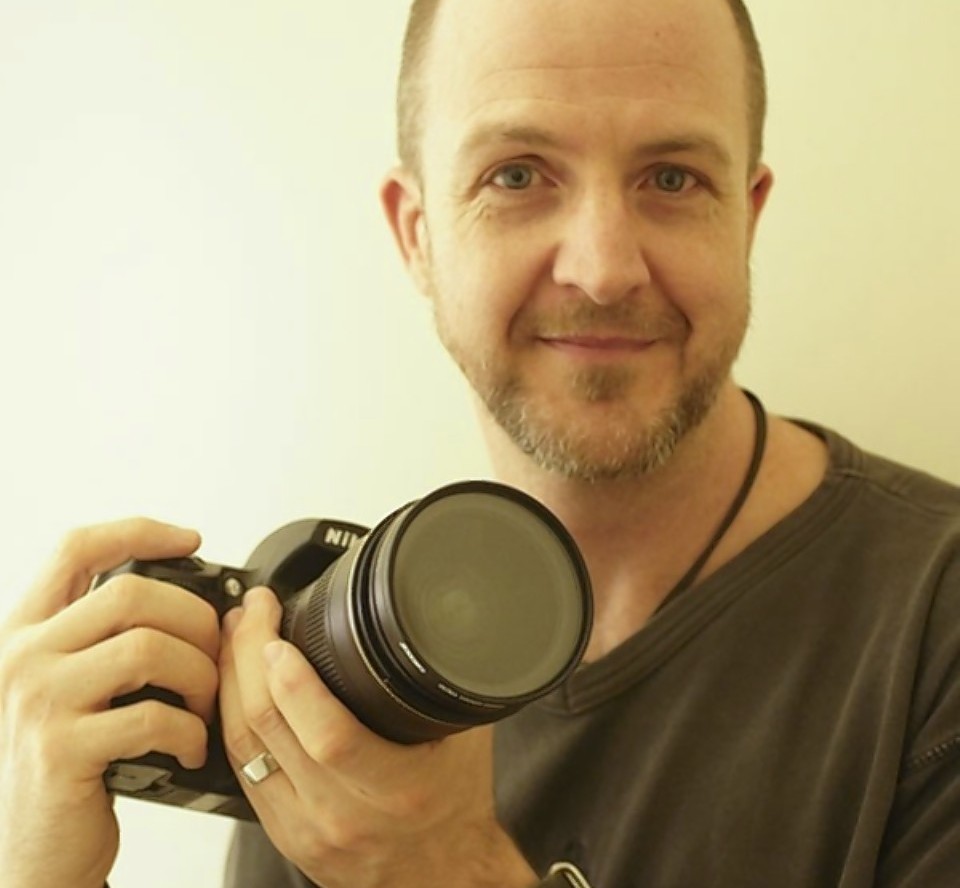An Aberdeen lecturer is looking to help people develop negatives in their lives into positives with a new course in photography.
Neil Gibson, a social work lecturer at the city’s Robert Gordon University (RGU) will next month begin a therapeutic photography programme to demonstrate to staff in the social work and care sectors how seeing life through a lens can improve their clients’ well-being.
He believes encouraging an interest in photography among disadvantaged members of society can help boost people’s self-esteem and their ability to form relationships.
As part of his preparations in drawing up the programme Mr Gibson trialled courses in therapeutic photography with several groups across Aberdeen and Aberdeenshire.
He said he had seen positive results among people from all kinds of backgrounds and was looking forward to spreading the message to a wider audience.
Mr Gibson said: “I have been working on the programme now for a couple of years, most recently with the criminal justice system, and substance recovery and mental health support groups.
“In all three groups, I have seen people more able to talk about the issues that are important to them after the therapeutic photography course – it’s all about self-esteem.”
And he said there was no need for individuals to splash out on expensive pieces of sophisticated kit before getting involved.
He added: “It’s an easy hobby to practice, as everybody is walking around with cameras in their pockets and using them left, right and centre.
“People tend to look at their environment a bit differently and notice things they never noticed before when practising photography.
“You don’t need to be a good photographer to take good photos.”
The course, called Exposing Negatives: Developing Positives, will be held at the university’s Garthdee campus on Friday, February 27, with a follow-up session due to take place on Friday, March 6.
There are 20 places available on the programme, which is designed to be accessible to everyone, regardless of their photography skills or experience.
Participants are encouraged to take their own camera along. These can be any make or model, including camera phones.
Senior lecturer Fiona Feilberg from RGU’s School of Applied Social Studies, supported Mr Gibson as he was developing the course and is hoping for great things from it.
She said: “We’re very excited to have developed our new Therapeutic Photography course. A key focus is to help people who require support to develop their own identity and tell their story through pictures.
“Photography can be a powerful tool in nurturing identity formation and with an open mind and a creative outlook the end results can be extremely gratifying.”
For more information, and to register for the course, people should visit www.rgu.ac.uk/events/therapeutic-photography.
